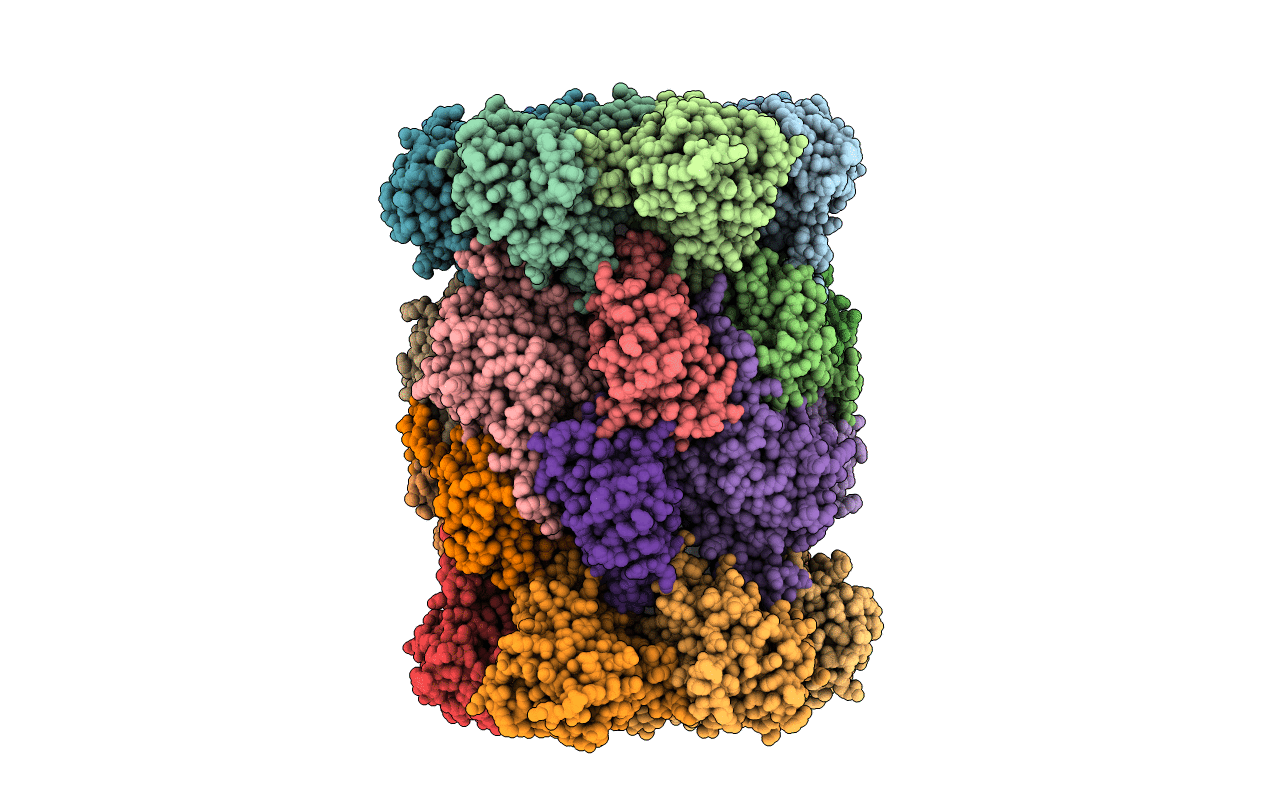
Deposition Date
2015-06-09
Release Date
2016-06-15
Last Version Date
2024-01-10
Entry Detail
Biological Source:
Source Organism(s):
synthetic construct (Taxon ID: 32630)
Saccharomyces cerevisiae (strain ATCC 204508 / S288c) (Taxon ID: 559292)
Saccharomyces cerevisiae (strain ATCC 204508 / S288c) (Taxon ID: 559292)
Method Details:
Experimental Method:
Resolution:
2.80 Å
R-Value Free:
0.21
R-Value Work:
0.18
R-Value Observed:
0.19
Space Group:
P 1 21 1


